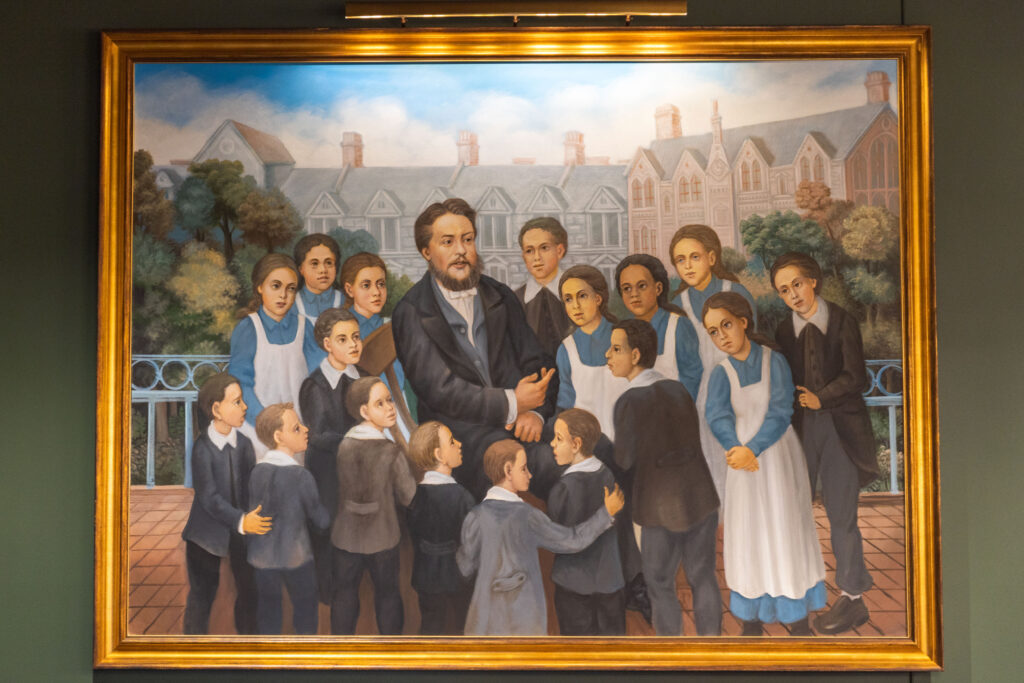
Spurgeon pastored in 19th-century London during a time of terrible working and living conditions for the poor. Because of growing industrialization, jobs were moving to the big cities, and people were pouring in from throughout the British Empire into London. If you’ve ever read Charles Dickens, you might have an idea of the terrible situation among the lower classes: unsafe factories, grueling work, unsanitary housing, pollution, open sewers, overcrowding, and more. It’s no surprise that mortality rates were high, especially among the poor. Many children were left orphaned.
As a pastor in one of the older neighborhoods of London, Spurgeon had a heart for the poor, not only to see their suffering alleviated but to see the gospel go to them. As one who also moved in from the countryside, he had a heart for those trying to adjust to the big city. He deliberately sought to preach in a way anyone could understand, especially those who were uneducated. And he looked for ways to bring the gospel to the poor through all kinds of charitable institutions.
Out of his church would be established over 60 charitable and evangelistic ministries, including a pastoral training college, two orphanages, night schools, Sunday schools for children, evangelistic missions, Bible studies, prison ministries, deaf ministries, blind ministries, ministries to refugees, and much more. All these ministries were committed to caring for the practical needs of the poor around them so that they might be able to share the gospel with them.
These dozens of ministries were largely founded by members of the church. But in doing so, they were only following the example of their pastor. In 1867, the widow of a wealthy Anglican, Anne Hillyard, contacted Spurgeon, saying she wanted to give a gift of £20,000 towards establishing an orphanage that would not only care for orphans but also give them a Christian education. And so, with additional fundraising, the Stockwell Orphanage for boys opened in 1869, and a girls’ orphanage opened in 1879. Throughout Spurgeon’s ministry, hundreds of children were rescued. Many of them were converted and joined the church. And some even went on to study at the Pastors’ College and be pastors and missionaries.
Spurgeon’s care for orphans and his church’s care for the poor added a different dimension to their ministry. There were many skeptics and enemies of Christianity in London. But none of them could argue against the compassion that was being shown through the ministry of that church. One visitor from America, John Gough, was able to spend a morning with Spurgeon, visiting the orphanage. There, he saw the mutual love between orphans for their benefactor. As he watched Spurgeon pray for a dying orphan and comfort him in his final days, Gough records,
I had seen Mr. Spurgeon holding by his power sixty-five hundred persons in a breathless interest; I knew him as a great man universally esteemed and beloved; but as he sat by the bedside of a dying pauper child, whom his beneficence had rescued, he was to me a greater and grander man than when swaying the mighty multitude at his will.
The Lesson of the Orphanage: Compassion opens a door for the gospel. Even as Christians prioritize evangelism, we understand that acts of mercy can be a powerful platform for the gospel.
Things to look for:
- Artifacts from the Stockwell Orphanage
- Spurgeon’s collection of Charles Dickens